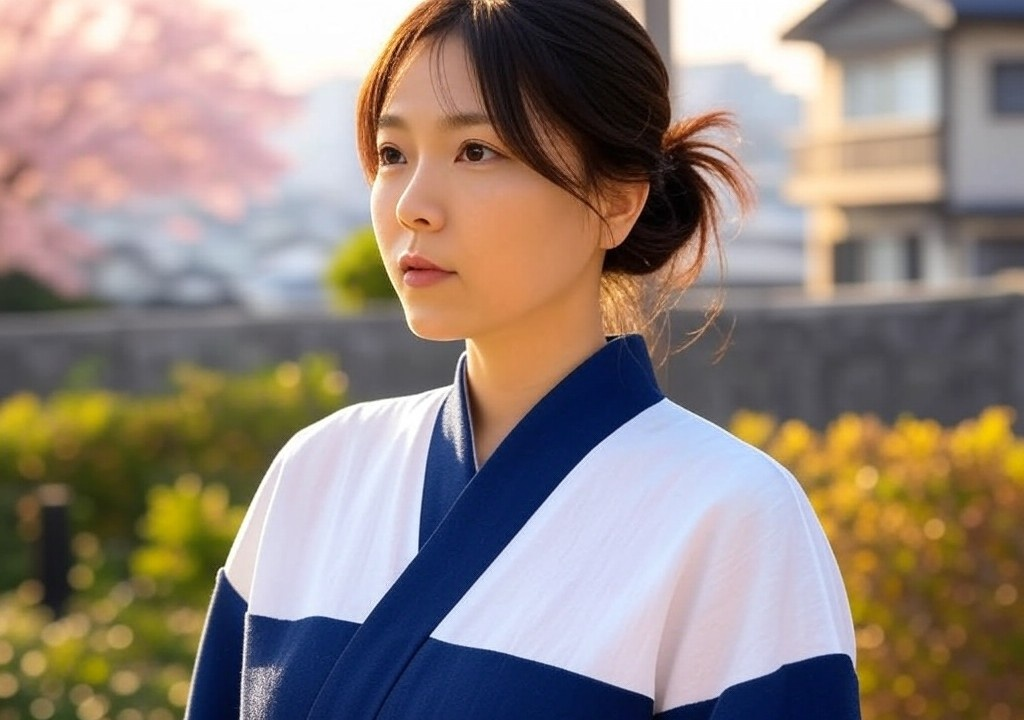Getting Lost in the “Love Hotel Hill” of Shibuya
It started, like most questionable adventures do, with a friend’s bad-but-somehow-irresistible idea. “You HAVE to visit Shibuya's Love Hotel Hill,” my longtime confidante, Mei, said during a late-night catchup session over yakitori. “It’s Tokyo’s Parisian red-light district, but cuter. And with vending machines.”
Now, as someone who once thought a cozy Sunday in lined bookstores was peak excitement, this suggestion initially felt...off-brand. But Mei has this magical ability to make the most outrageous plans sound like self-care. Besides, I’ve always been intrigued by love hotels, those flashy, neon-bathed establishments offering rooms by the hour or night. They stand at this fascinating crossroads of romance, privacy, and cultural quirkiness. So, armed with curiosity and mild apprehension, I decided to dive into this kaleidoscopic microcosm of entangled couples, secret rendezvous, and—potentially—awkward misunderstandings.
The Neon Rabbit Hole
You can’t casually stumble onto Shibuya’s Love Hotel Hill the way you wander into a coffee shop. It’s tucked behind the main tourist stretch of Shibuya’s pedestrian scrambles and department stores—both geographically and metaphorically in Tokyo’s vast urban sprawl. For the uninitiated, it feels like an entrance to Narnia, except no charming wardrobe exists to prepare you for the glowing signs with room rates in giant numbers and slightly exaggerated promises of “heaven-like relaxation.”
As I arrived, I halfway expected atmospheric pop ballads from Ryuichi Sakamoto to start playing. Instead, the air was charged with what I can only describe as palpable anticipation. The streets are fringe-lit with neon signs, their colors blending together like spilled fluorescent paint. Couples lingered near vending machines offering themed rooms, each setup like a Pinterest board where “kinky honeymoon suite” collided with “outer space escape pod.” Apparently, certain hotels allow you to pick your room directly from a screen—like ordering sushi at a conveyor belt restaurant. Romance à la carte.
Walking beneath Love Hotel Hill’s unusual glow felt like stepping into a fever dream directed by a collaboration between Wes Anderson and Studio Ghibli’s more rebellious creative cousin. It was surreal, hyper-stylized, and yes, kind of magical.
A Museum Curator in a Love Hotel
Predictably, my academic brain decided to approach this with the precision of someone drafting a doctoral thesis. Love hotels, after all, are not just quirky accommodations—they’re cultural archives. Born from the spatial constraints of Japanese living (tiny apartments! thin walls!), love hotels were once pragmatic solutions for privacy-starved couples. Over the decades, they’ve been sensationalized yet normalized, evolving into a deliberate industry where fantasy meets practicality.
As I stood surveying the labyrinth of themed facades—there was one with fake ivy crawling up the walls, and another designed to look like a European castle—I realized I was experiencing two conflicting emotions: anthropological curiosity and the sudden, pressing dread of bumping into someone I knew. Imagine trying to explain that at your next PTA meeting or family dinner.
While some establishments radiated ridiculous camp—think rotating beds and karaoke machines (oh yes, romance can be musical, too)—others were shockingly elegant, catering to couples genuinely seeking intimacy, far from the assumptions of kitsch.
What a Love Hotel Can Teach Us About Dating
Love Hotel Hill isn’t just about playful aesthetics; it holds some unexpected lessons for dating and relationships.
-
Reclaiming Playfulness
When was the last time you let go of societal expectations in your relationship? A themed room—be it "jungle adventure" or "retro disco"—may sound silly, but there’s an important message here. We often take romance too seriously. It’s okay (necessary, even) to incorporate laughter, spontaneity, and lighthearted absurdity into your love life. -
Embracing Intention
The best part? Love hotels force you to be intentional. There’s no space for vague “Netflix and chill” pseudo-dates when you walk into a room with a heart-shaped bathtub and mood lighting set to eighties pink. This sense of deliberate effort is a refreshing reminder of how taking time to create memorable experiences can strengthen connections. -
Privacy Matters (Even in the Digital Age)
In a world of oversharing and public check-ins, the idea of cloaked privacy seemed oddly refreshing. Love hotels may cater to romantic liaisons often whispered about, but at their core, they’re protecting something sacred: a sense of intimacy in an increasingly exposed world.
And of Course, the Room I Ended Up In
I dared to step fully into the experience by booking a room—purely for research purposes, of course. Earlier, Mei had dared me to pick the most ridiculous theme available. So, when I spotted what was essentially a replica of a 19th-century Parisian boudoir, I pressed the button, half-laughing and half-horrified at my French studies professor from undergrad silently judging me from another dimension.
The room was, in a word, extra. There was an oversized velvet chaise lounge, complete with gaudy golden tassels dangling like the plot threads of a dozen romance novels. A chandelier hung precariously above a canopy bed, and there were gratuitous floral arrangements that my mother would’ve critiqued for lacking originality. The pièce de résistance? A disco ball spinning in a corner. The overall aesthetic screamed, “Marie Antoinette wishes she had Instagram.”
I sat there, momentarily unsure of what to do. Should I indulge in a self-guided photoshoot? Attempt to journal about 18th-century French decor meeting 21st-century Tokyo audacity? Perhaps meditate under the disco ball? In the end, I settled for reclining on the chaise lounge like a stiff museum artifact. It felt appropriately ridiculous.
When Love Hill Feels More Like Life School
Here’s the thing: though this experience was wildly out of my comfort zone, that’s precisely why it was worth it. Love hotels, as eccentric as they are, emphasize the joy of being present and shedding judgements about what “romance” is supposed to look like. Romance is not just whispered words over candlelight dinners or declarations on Instagram. Sometimes, it’s the moments that make you laugh so hard you cry; sometimes, it’s spinning under a disco ball, surrounded by questionable Parisian furniture, while you marvel at the absurdity of being alive.
As I walked back down the hill that night, the glow of red and pink lights fading behind me, I couldn’t help but think about the lessons these vivid little enclaves pack into their walls. Relationships are a lot like love hotels—unexpected, imperfect, unapologetically human. Life gets busy, routines feel dull, connections fray. But maybe every once in a while, it wouldn’t hurt to pick a venue with a heart-shaped bathtub and an Eiffel Tower lamp.
Remember this: Love, much like adventure, doesn’t always have to make sense. Often, it’s the things that bewilder us the most that teach us how deeply we can connect—with others, with the chaotic world around us, and even with ourselves.




















